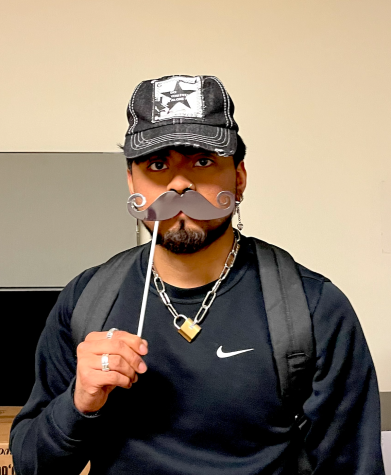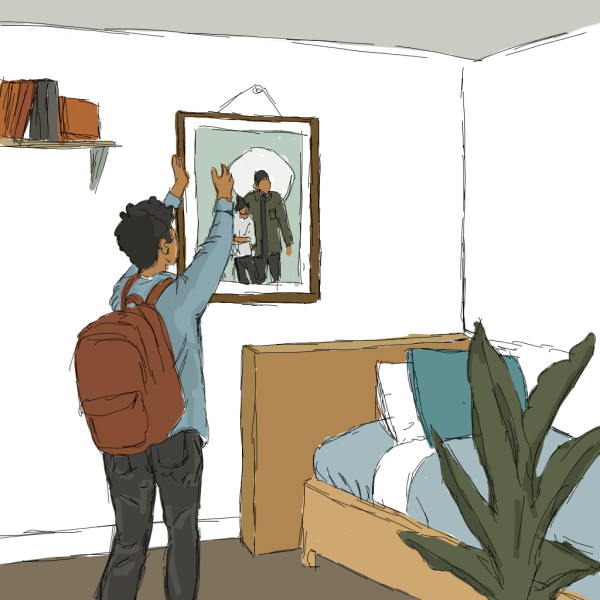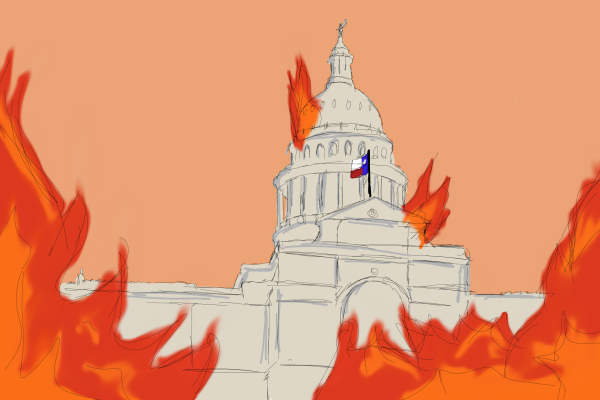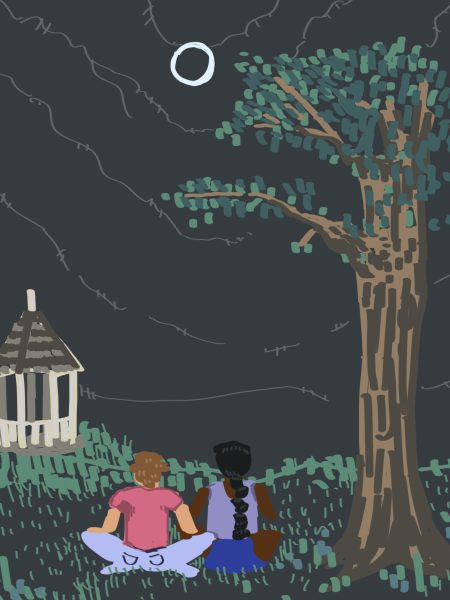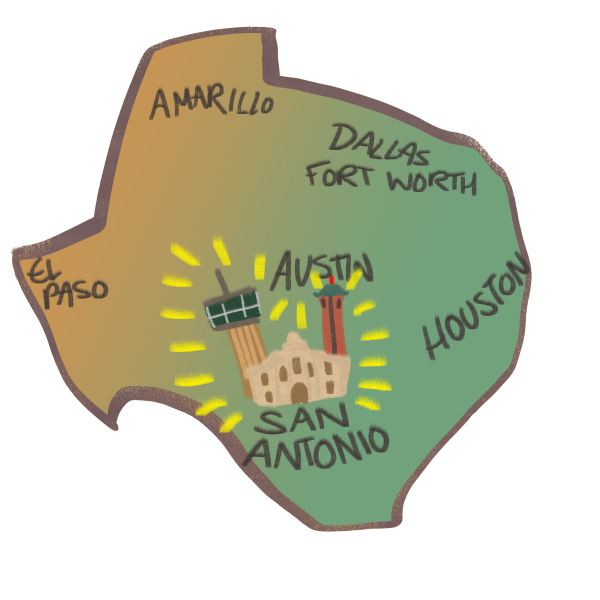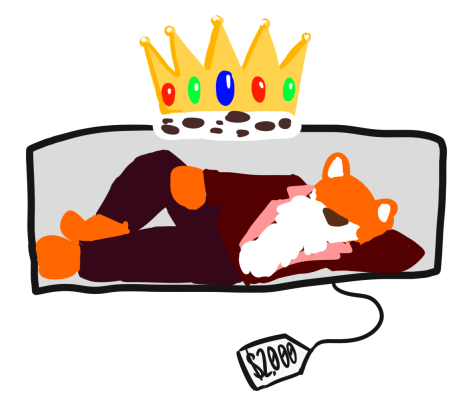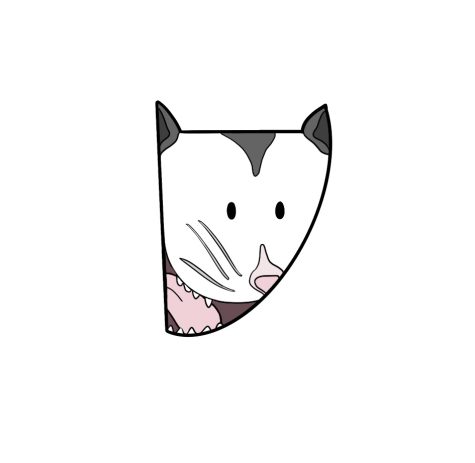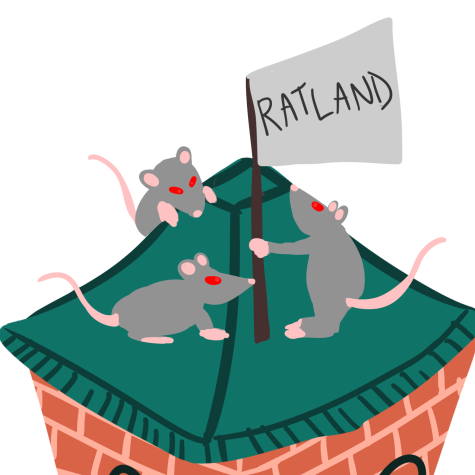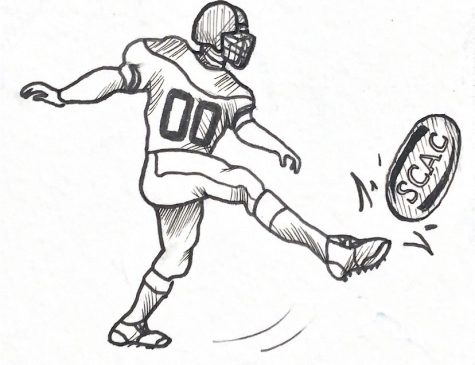Naming our introversion can help us be intentional about boundaries
If we aren’t making space for ourselves now, we’re less likely to do so in the future
After living with my suitemate this semester, I’ve been thinking a lot about boundaries and how to communicate them with others. Through this process, I also realized that the identification of being introverted, as an umbrella term, means something different for everyone and might skew what others assume about your social needs.
Psychology Today lists four types of introverts: social, introspective, restrained and overstimulated introverts. Social introverts prefer to socialize in small groups and need alone-time within their day. Introspective introverts have a rich inner life and an intimate emotional relationship with themselves. Restrained introverts like to think before they act and take their time in making decisions. Easily-overstimulated introverts are sensitive to stimuli in their environment.
Knowing these four types, it may be easier to communicate your needs to people, especially living partners that you share physical space with. It is good practice to set boundaries to avoid building up resentment and to dispel any misassumptions. While this may be common sense, in practice it is quite difficult, especially if you grew up in a household without boundaries.
I can identify with all categories of introversion I’ve mentioned, and have friends whose introversion manifests in different forms and needs than mine. I often overlook or underestimate the amount of time I need to myself in a day, and spend this time with others. At a certain point, my need to be alone makes me start to resent my company, which is good for neither me nor my friends. Attending to your own needs is not a selfish thing to do, but you cannot blame others for crossing boundaries you haven’t set.
I understand that a person’s character comes with incredible nuance and that character is subject to change. In the age of MBTIs, enneagrams and astrology, we are constantly seeking to understand who we really are as a person. I sometimes think that these categories limit our self-understanding and the perceived capacity for us to change as a person. However, they help us understand our strengths and can grant us the opportunity to grow personally. I stand by the saying that we have to practice who we want to become. How would we imagine our future self without understanding our current and past selves?
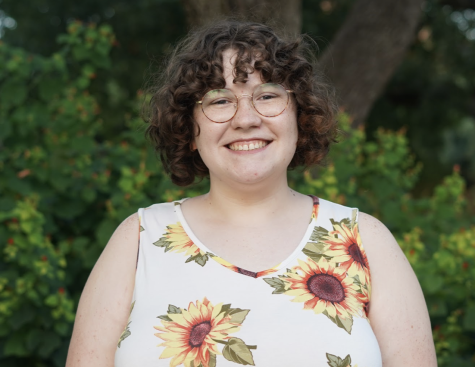
I'm a senior Computer Science major and a Classical Studies minor from Newton, North Carolina with a passion for art. I also work at the Center for Experiential...






